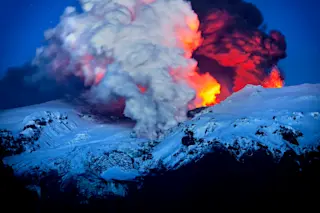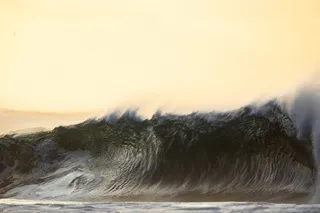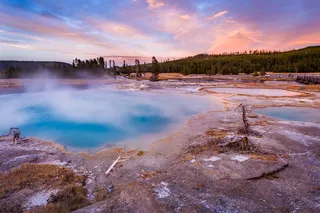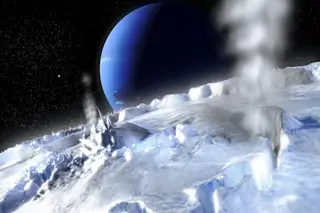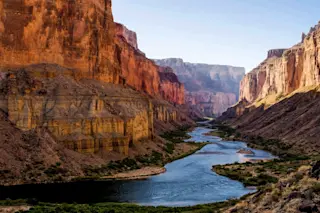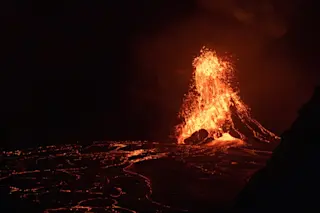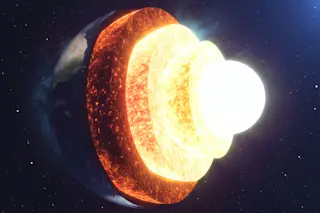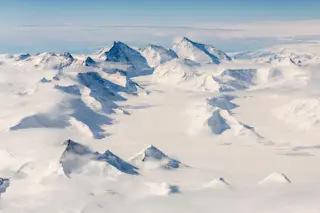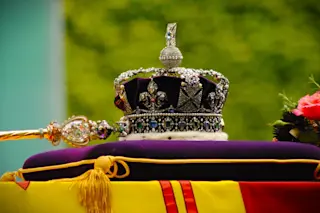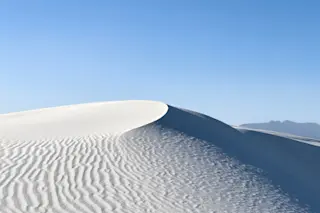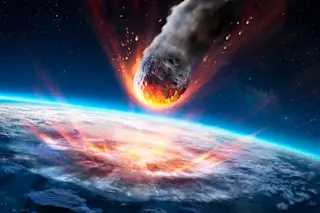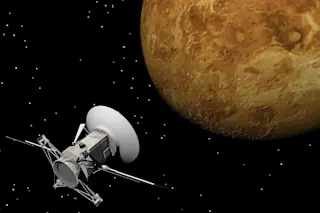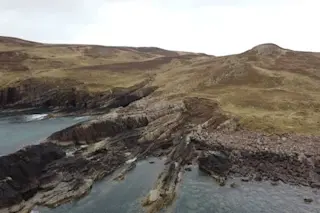Eruption of the Eyjafjallajokul volcano in Iceland.Eric Meola/Getty Images The world wide web is a tricky place. There are many, many (many) places you can get information, and the quality of said information runs from fine organic truffles harvested sustainably to a giant pile of rotting whale carcass. Now, how do you sift through these sources---and if you are a science writer/communicator, how do you make it both easier and more exciting for people to read/listen/watch about science? Example: Just the other day, I ran across an article in the Daily Mail that had some poor soul speculating on the impact of all the volcanoes on Earth erupting in unison. Right after cleaning up the coffee I spit up in disgust (at the concept, mind you, not the expert), I went on a Twitter tirade about this kind of "science" coverage in places like the Daily Mail (see also: Express). ...
The Right Way to Write About the Volcanic Apocalypse
Explore the importance of science communication in understanding volcanic activity and scientific literacy amidst sensationalist coverage.
More on Discover
Stay Curious
SubscribeTo The Magazine
Save up to 40% off the cover price when you subscribe to Discover magazine.
Subscribe

